Issa Rae Has A Message For Public Figures: I Don’t Want To See A Heartfelt Video About Why You Think Black Lives Matter, Just Show Me
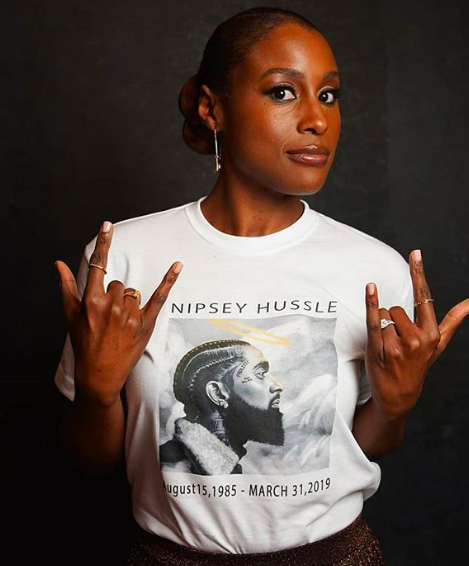
Issa Rae Has A Message For Public Figures: I Don’t Want To See A Heartfelt Video About Why You Think Black Lives Matter, Just Show Me
Celebrities have been extra vocal about the #BlackLivesMatter movement lately, and actresses Issa Rae and Michaela Coel are no different. During a recent interview, the ladies spoke on protests, black visibility on screen, and breaking away from stereotypical roles.
When asked about the recent Black Lives Matter protests, Issa Rae explained how she’s felt over the past few weeks and how she’s staying involved.
“I’ve definitely been feeling very anxious, very worried — specifically, where the protests are concerned. I always have a sense of dread that the protestors may get killed, because there’s evidence of that in the past and it just gets swept under the rug. Our fear has been counted on by oppressors for years, so I applaud so many of the brave people on the front lines.”
She continued,
“I have tried to navigate my own involvement — how much to say, how much not to say — because I’ve seen so many embarrassing videos from public figures who just need to shut the f*ck up and either give money or educate themselves. I don’t want to see a heartfelt video about why you’re responsible or why you think black lives matter — just show me. Releasing art during this time has also been very guilt-inducing, but also fortifying in a way. We’re presenting the images that necessitate conversations and facilitate in making black people specifically humane. That gives a sense of comfort to me in the part that I’m playing. We have to take advantage of the white guilt and not treat this as a trend. This moment is too important.”
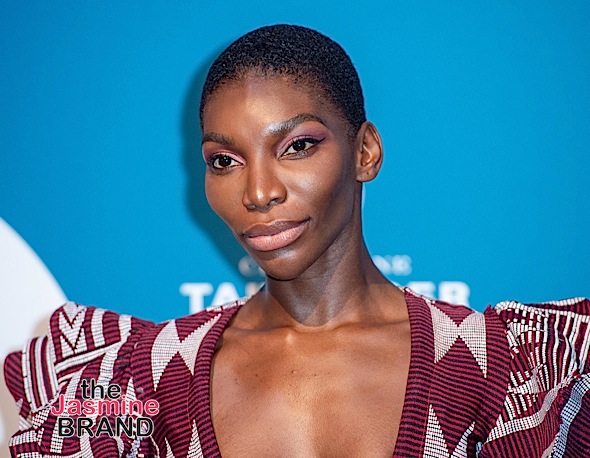
Michaela Coel
Michaela Coel provided a unique take on the movement for black lives, especially because she explains what Black Lives Matter looks like in the UK where she’s from.
“Issa articulated a lot of my feelings about making art at this time. I feel that for many years in [the] media, there has been a subconscious layering in the minds of societies about black people and who we may be, whether it’s the reality shows about immigration or the reality shows about cops arresting people.”
Michaela Coel continued,
“There is a sense of fear around us in Britain and in the US. I’m really glad that, at this time, we can offer art and television that says something different. Although I’m not really on social media, I’m concerned — Black people all over the world are really quite traumatized, and the apps are not designed to make you feel better. The business models of these apps are designed to make you feel outrage, to argue, and to not understand each other. It’s almost like further twisting in a knife, and then you can’t find the handle of the knife to take it out. I have a sense of hope — something in me believes a difference might be happening right now. I’m gonna hold on to that because it’s all we can do, isn’t it?”
https://www.youtube.com/watch?v=vU0MPfgqKmk
When discussing the importance of black visibility on screen in an industry where black voices are usually silenced and rarely represented, Issa Rae talks about the excitement of seeing more young black talent coming up such as black-ish star Marsai Martin and actress Skai Jackson,
“Everybody’s doing all these crazy challenges [during lockdown] and to the point of representation, there was a black teen Hollywood version of the #DontRush challenge [the TikTok make-up brush challenge that went viral back in March]. It included [actors] Marsai Martin, Storm Reid, Skai Jackson and I was like, ‘All y’all have each other and so many of the young Black girls who are watching you have you to look to,’ and it excited me so much. I’m proud of the fact that they’re going to inspire a generation. I grew up in a very Afro-centric household. My dad is Senegalese and my mom is from Louisiana so I grew up watching The Fresh Prince of Bel-Air and Moesha. I grew up spoiled in that sense, until later when there was nothing — I knew what it was like to have something [only to then] have it taken away.”
Michaela Coel discussed the impact that shows like Moesha had on her upbringing in terms of representation on screen, while also admiring the work of Jasmine Lee- Jones in a play that she saw recently,
“With Moesha, she was black and it was a comedy — that was so unusual. The rest [of the shows I watched] would have been things like The Golden Girls and Seinfeld, because that’s what my mum watched. [Writer] Jasmine Lee-Jones had a play that I went to see called Seven Methods of Killing Kylie Jenner [based on a young black woman’s frustrations over white women profiting from black culture]. Her writing is unbelievable — she’s someone that I’m keeping an eye on.”
The ladies then talked about trying to break away from some of the stereotypical roles that black women have traditionally portrayed on screen and adding a different perspective of what black women go through. Issa discussed her role on Insecure,
“The challenge is when you are depicting a very specific Black female story, then the expectation is to represent all Black women. But this naturally happens when there aren’t a lot of representations of Black femalehood. From the jump, I’ve said, ‘This is a very specific story, it’s not going to be your experience and you can’t expect that from us,’ so in that sense, all we can do is just tell the story we want to tell. There’s a preciousness around our story where people feel like you need to tell it this way or [you] should go in this direction because it needs to be upheld for history. But this is about my friends. The characters, specifically in Insecure, are based on real friends and people I know. [Issa on the show] is a reinvention of me, a previous version of me, so I wanted to stay true to that. It really comes down to displaying the truth.”
https://www.youtube.com/watch?v=vrUGIQ2ItE8
Michaela talked about writing her comedy-drama series I May Destroy You and including the experiences of sexual assault that black women may experience and bringing that story on the big screen,
“Writing [I May Destroy You] was very cathartic, really beautifully cathartic. It felt necessary to ensure the experiences around sexual assault tackled across the episodes were not simply imagined from my head, but had some sort of root in reality either inspired by my own experiences, or the experiences of others. You soak up a character, and that’s part of the journey of acting for me. It is a beautiful experience. In many ways, the character only exists on the page because of your humanity. So there is a separation, but where that separation begins and ends you don’t know. I wrote a lot of the show in Lake Tahoe. Specifically, the idea for episode five and Zain came to me staring at the stars there. Arabella basically turns her back on the audience; she’s a very complex character. There are positive aspects — she’s championed other people who have experienced [sexual assault]. But there are also ramifications to being on a platform in such a fragile position and doing something that heroic. So we see the pros and cons.”
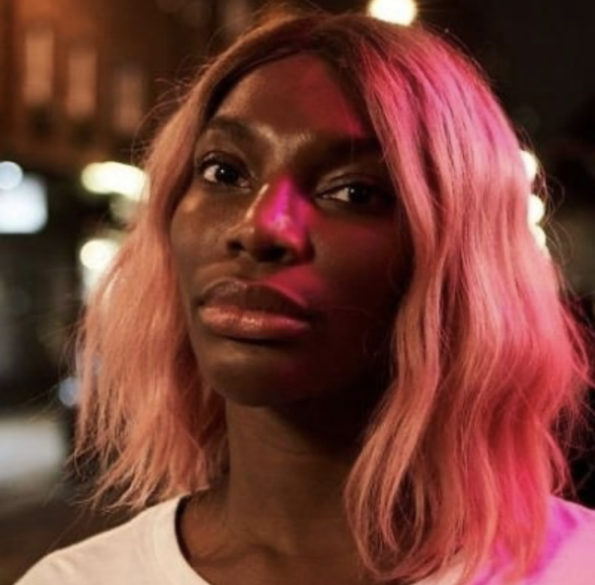
What are your thoughts on Michaela Coel and Issa Rae’s remarks? Tell us your thoughts in the comments below.


 Previous Article
Previous Article Next Article
Next Article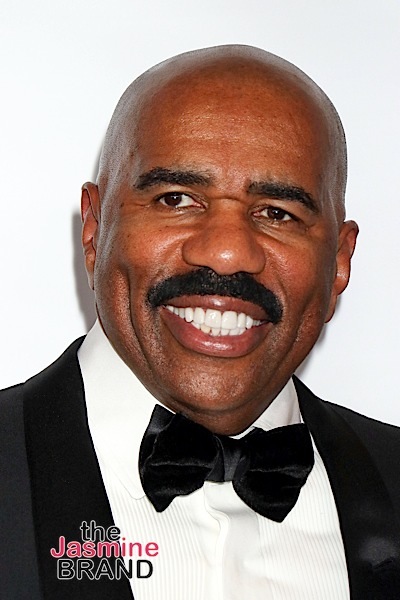 Steve Harvey Recalls Owing IRS $22 Million, Reveals His Accountant Was Stealing His Money For 7 Years
Steve Harvey Recalls Owing IRS $22 Million, Reveals His Accountant Was Stealing His Money For 7 Years ![Wendy Williams Calls Out Ex-Husband For Allegedly Banning Singer Tyrese: Kevin, Are You Serious? [VIDEO]](https://thejasminebrand.com/wp-content/uploads/2019/10/Kevin-Hunter-Wendy-Williams-Tyrese-the-jasmine-brand-620x600.jpg) Wendy Williams Calls Out Ex-Husband For Allegedly Banning Singer Tyrese: Kevin, Are You Serious? [VIDEO]
Wendy Williams Calls Out Ex-Husband For Allegedly Banning Singer Tyrese: Kevin, Are You Serious? [VIDEO] 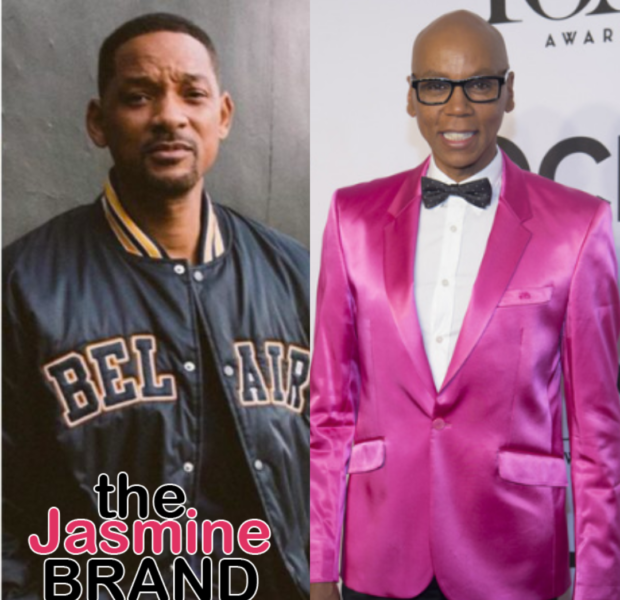 Will Smith Thought It’d Be A “Really Bad Idea” To Feature RuPaul On “Fresh Prince Of Bel-Air” Back In The Day: ‘It Was Because Of His Image’
Will Smith Thought It’d Be A “Really Bad Idea” To Feature RuPaul On “Fresh Prince Of Bel-Air” Back In The Day: ‘It Was Because Of His Image’ 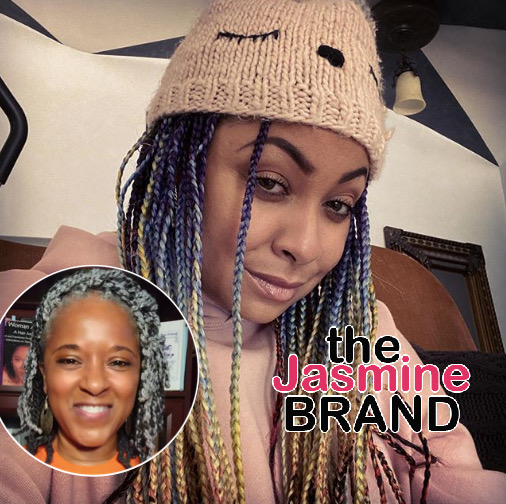 ‘That’s So Raven’ Alum T’Keyah Crystal Keymáh Returns As Tanya Baxter On ‘Raven’s Home’
‘That’s So Raven’ Alum T’Keyah Crystal Keymáh Returns As Tanya Baxter On ‘Raven’s Home’ 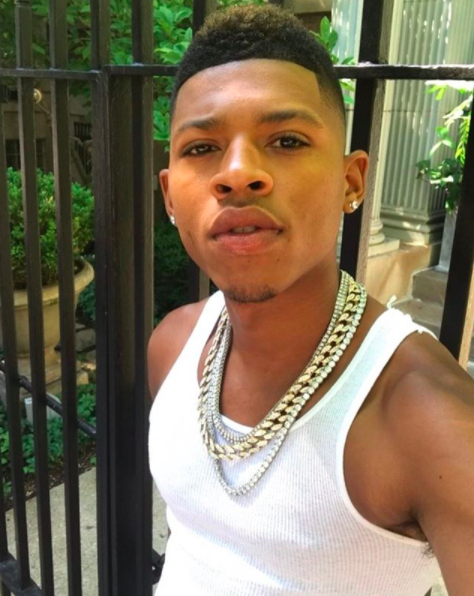 Bryshere Gray Sued By Landlord, Manager Blames ADHD Diagnosis
Bryshere Gray Sued By Landlord, Manager Blames ADHD Diagnosis 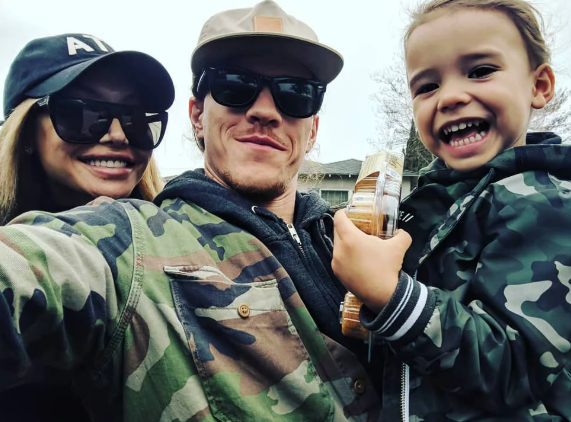 Naya Rivera’s Son’s Father ‘Can’t Imagine Raising Josey Without Her’, Source Says
Naya Rivera’s Son’s Father ‘Can’t Imagine Raising Josey Without Her’, Source Says 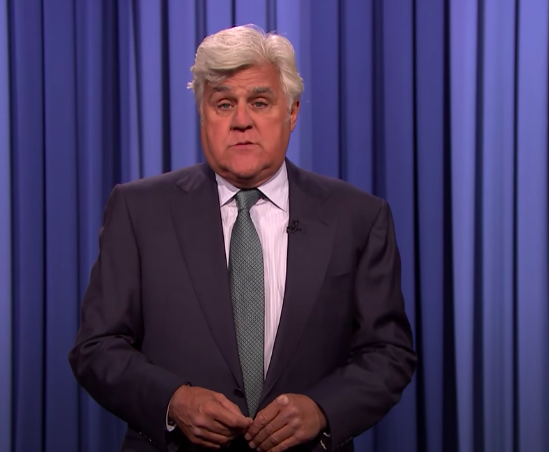 Jay Leno Hospitalized w/ Severe Facial Burns After Car Fire
Jay Leno Hospitalized w/ Severe Facial Burns After Car Fire 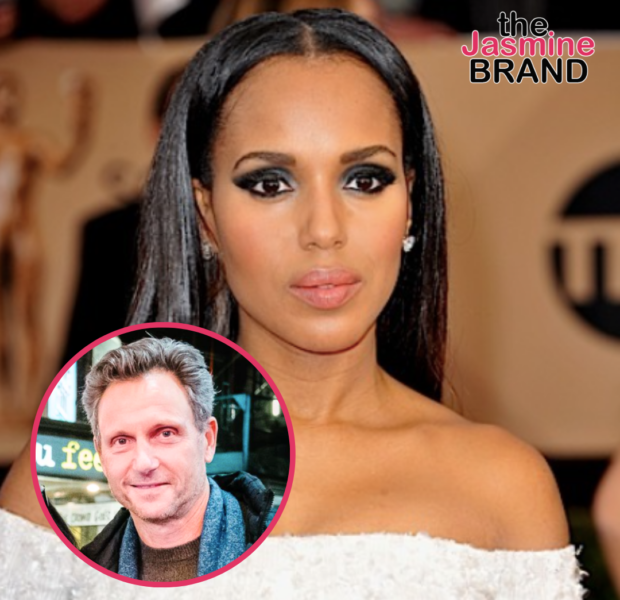 Kerry Washington Shares Sweet Birthday Message For ‘Scandal’ Co-Star Tony Goldwyn
Kerry Washington Shares Sweet Birthday Message For ‘Scandal’ Co-Star Tony Goldwyn